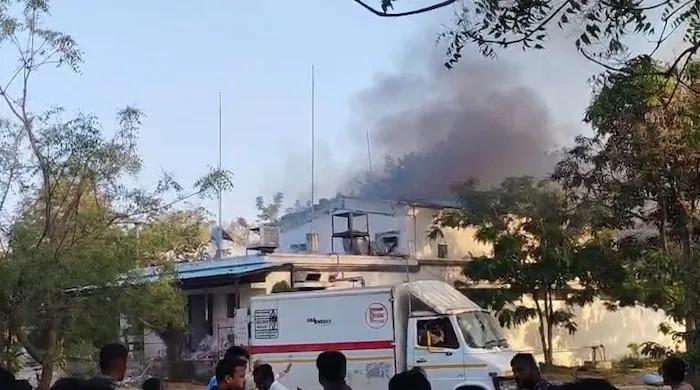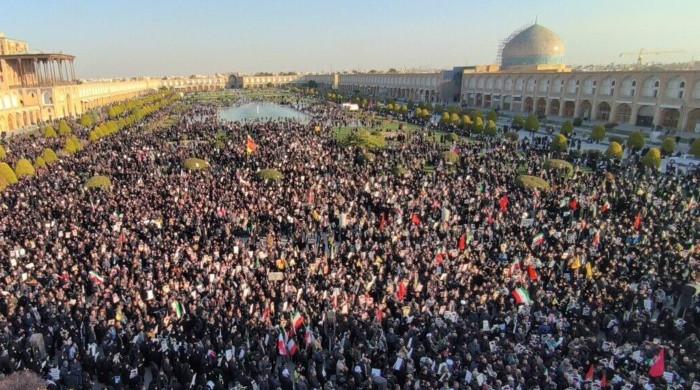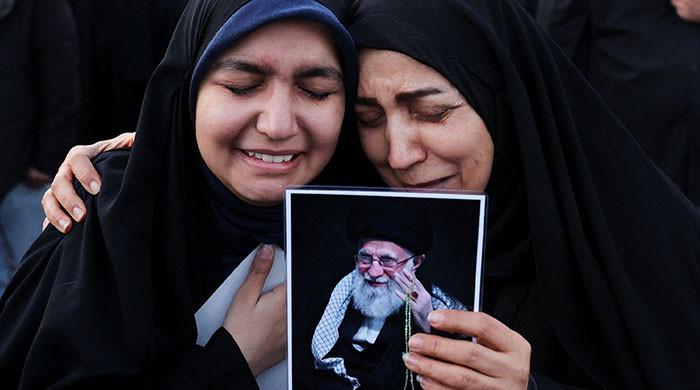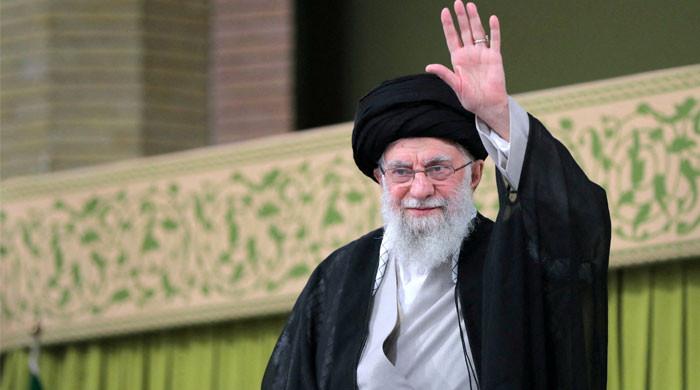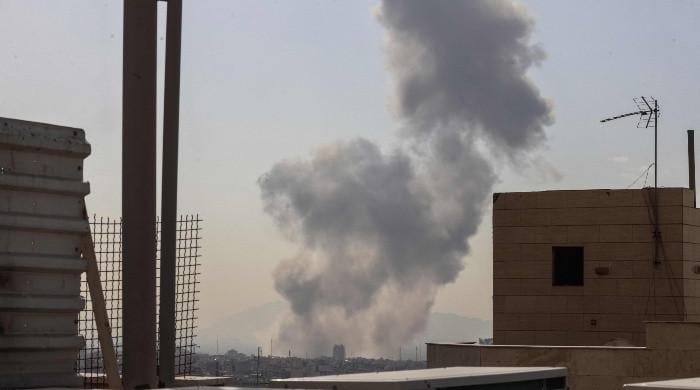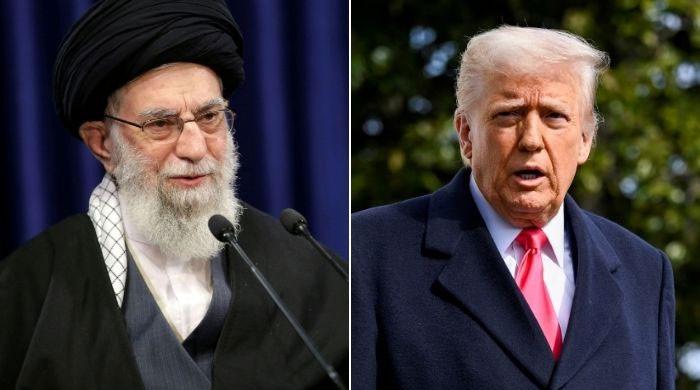Pulitzer winning journalist Danish Siddiqui killed in Afghanistan clashes
Siddiqui told Reuters he had been wounded in the arm by shrapnel earlier on Friday while reporting on the clash in Spin Boldak
July 16, 2021
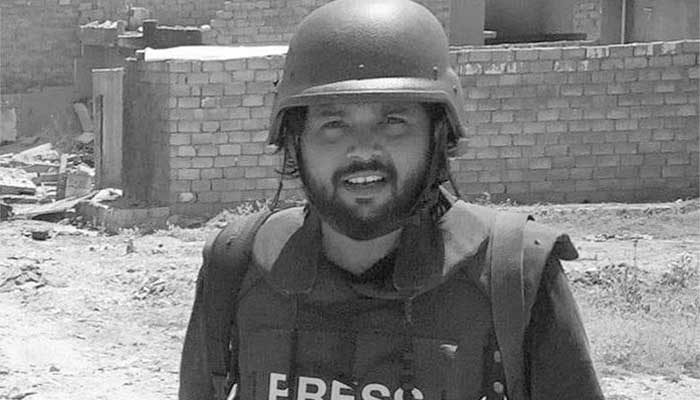
SPIN BOLDAK: Reuters journalist Danish Siddiqui was killed on Friday while covering a clash between Afghan security forces and Taliban fighters in Kandahar, an Afghan commander said.
Afghan special forces had been fighting to retake the main market area of Spin Boldak when Siddiqui and a senior Afghan officer were killed in what they described as Taliban crossfire, the official told Reuters.
Siddiqui had been embedded as a journalist since earlier this week with Afghan special forces based in the southern province of Kandahar and had been reporting on fighting between Afghan commandos and Taliban fighters.
"We are urgently seeking more information, working with authorities in the region," Reuters President Michael Friedenberg and Editor-in-Chief Alessandra Galloni said in a statement.
"Danish was an outstanding journalist, a devoted husband and father, and a much-loved colleague. Our thoughts are with his family at this terrible time.”
Siddiqui told Reuters he had been wounded in the arm by shrapnel earlier on Friday while reporting on the clash. He was treated and had been recovering when Taliban fighters retreated from the fighting in Spin Boldak.
Siddiqui had been talking to shopkeepers when the area came under attack again, according to an Afghan commander.
Reuters was unable to independently verify the details of the renewed fighting described by the Afghan military official, who asked not to be identified before Afghanistan’s Defence Ministry made a statement.
Siddiqui was part of the Reuters photography team to win the 2018 Pulitzer Prize for Feature Photography for documenting the Rohingya refugee crisis.
A Reuters photographer since 2010, Siddiqui's work spanned covering the wars in Afghanistan and Iraq, the Rohingya refugees crisis, the Hong Kong protests and Nepal earthquakes.





